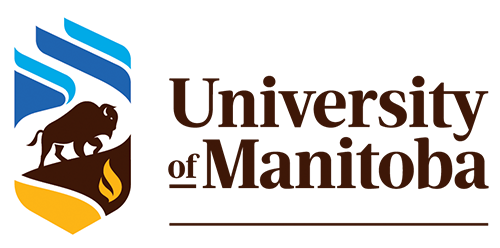
A wide diversity of organizations at UM that already have experience in Indigenizing curricula are also making critical contributions.

UCN already provides northern communities with teaching, learning, and research opportunities close to home while being inclusive and respectful of diverse Indigenous and northern values. Indeed, 70-80% of their student body is Indigenous and from the North. UCN researchers will help to facilitate internships, work experiences, and research for graduate students wanting to work and study in Manitoba’s North. UCN’s role reflects its northern and explicit Indigenous-centered mandate, leadership by its Elder Council and excellence when engaging Indigenous youth, in many cases as they pursue postsecondary education while remaining in their home communities.

Lakehead University are enriching this project through its partnerships with industry, government, organizations, and Indigenous communities in Northern Ontario. Researchers from Lakehead university are available to support student scholarships and travel associated with this project while offering advice and guidance around Indigenizing curricula.
Partnerships with other universities have already begun to emerge through this project. These researchers will play a role in environmental monitoring and supporting communities as they adapt to climate change and promote our program within their institutions.
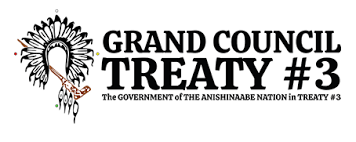
The Grand Council Treaty 3 is the governing body of the Anishinaabe Nation in Treaty #3, which maintains the rights to lands and water in the territory. The involvement of their environmental and education teams brings employment training opportunities as well as collaborations for extending post-secondary studies to Anishinaabe students in Treaty 3 and they will help establish community-based monitoring programs with their member communities.
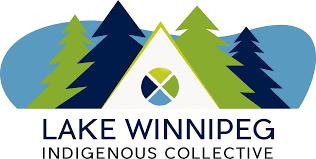
The Lake Winnipeg Indigenous Collective works closely with Métis and First Nations communities to bring together Indigenous knowledge and solutions for the protection of Lake Winnipeg. Their involvement in this project includes providing resources and employment opportunities for trainees who are rich in the two-eyed seeing approach of Indigenous knowledge and Western science.
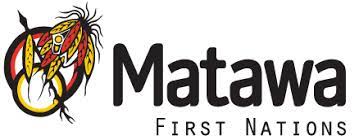
Matawa First Nations Management – Four Rivers provides environmental support to communities facing unprecedented development. Their insights and opportunities for training and employment of trainees will help mentor students interested in socio-economic development projects.
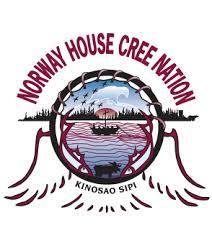
Norway House Cree Nation brings extensive knowledge of Northern education and the support that Cree students need to fully engage in post-secondary studies. They will be involved with the advisory council and provide direction when it comes to Indigenizing curricula and providing online resources.
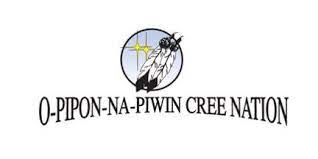
O-Pipon-Na-Piwin Cree Nation will help mentor trainees when it comes to better understanding the decline in Indigenous fisheries associated with hydro dams.
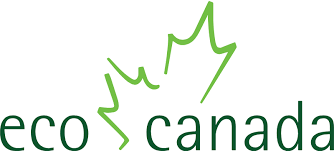
The Environmental Careers Organization of Canada (Eco-Canada) brings training, post-secondary education accreditation, and funding opportunities in the environmental sector, which will provide critical training and resources to trainees.
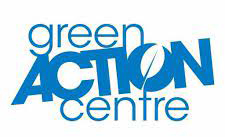
The Green Action Centre – First Nations Waste Minimization Program will provide employment opportunities for Indigenous trainees to work in their communities on environmental monitoring and waste minimization projects.
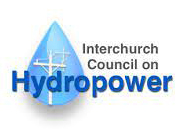
The Interchurch Council on Hydropower is an action-oriented group dedicated to raising awareness and bringing justice to communities that have been affected by hydropower. Their role as Elders and knowledge keepers will provide Indigenous and non-Indigenous students opportunities to learn traditional knowledge and language, as well as participate in community action projects.

The Lake Winnipeg Foundation will provide research opportunities related to water quality and monitoring using citizen science, as well as relationship-building with First Nations communities.

The International Institute for Sustainable Development – Experimental Lakes Area will provide students with research-oriented work-study opportunities and training, which will contribute.
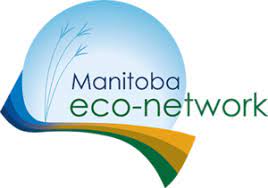
Manitoba Eco-Network brings an extensive network through which to provide trainees with connections to work-study placements and employment training in the natural sciences sector.
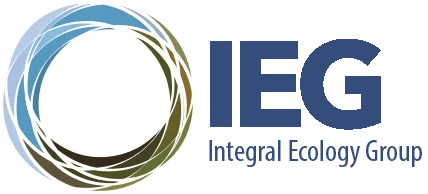
Integral Ecology Group consultants will provide graduate students with research training and opportunities to work with Indigenous communities across Canada using a two-eyed seeing approach.

Manitoba Environmental Industries Association is widely recognized in the environmental sector of Manitoba as an umbrella group that will offer trainees mentorship, workshops around employability and networking opportunities.

Nexom Inc. provides NSE students with training and employment opportunities on wastewater projects, particularly in First Nations communities.

Northern Manitoba Sector Council is an umbrella group for the mining, forestry and energy sectors and will provide workshops regarding employability and help trainees identify employment opportunities in Northern Manitoba.

Powertec Solar Inc. will also provide NSE students with training and employment opportunities in the solar industry.

The Department of Fisheries and Oceans (science and aquatic ecosystems departments) is a leader in the Indigenous-STEM cluster amongst other agencies and will provide opportunities for work-study as well as workshops related to technical skills.
Indigenous Services Canada is committed to providing opportunities for students to work in communities on waste minimization and environmental monitoring projects and will pilot an Indigenous-led program on waste management with a subset of First Nations communities that will in turn provide employment and training for participants in our program.